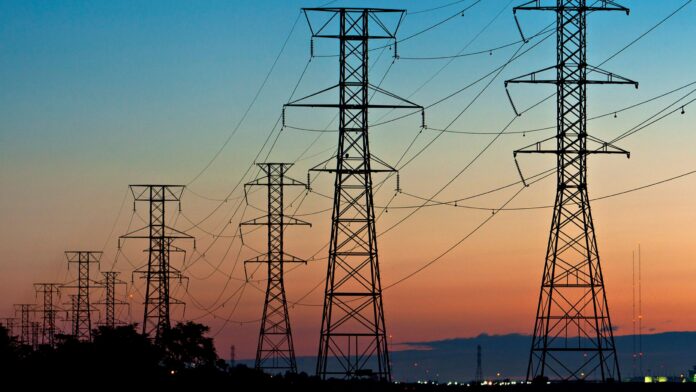ISLAMABAD: The National Electric Power Regulatory Authority (NEPRA) has notified Rs1.53 per unit increase in power tariff for ex-Wapda Distribution Companies (DISCOs) to generate about Rs11 billion additional revenue.
The increase was allowed on account of monthly fuel cost adjustment (FCA) for electricity consumed in December 2020 and would be charged in the billing month of February 2021 from all consumers except lifeline consumers i.e. those with consumption of up to 50 units.
It may be noted that the Central Power Purchasing Agency (CPPA) had requested NEPRA for an FCA of Rs1.8085/kWh to generate Rs13.6 billion revenue. A hearing in this regard was held on January 27, 2021, wherein an FCA of Rs1.5359/kWh was approved.
As per details, the actual fuel charge component for December 2020 was Rs5.9961 per unit against the reference fuel charge component of Rs4.4602 per unit. The decision for tariff hike was made after taking into account fuel price variation for the month of December.
On the date fixed for hearing, representatives from CPPA, National Power Control Center (NPCC), National Transmission and Despatch Company (NTDC), media and general public were present; however, no representative from WAPDA Power Privatization Organization (WPPO), Sui Southern Gas Company Limited (SSGCL), Sui Northern Gas Pipelines Limited (SNGPL), Ministry of Energy and Ministry of Finance attended the hearing despite service of notices.
Pursuant to the provisions of Section 31(7) of the Regulation of Generation, Transmission and Distribution of Electric Power Act 1997, read with the mechanism/formula determined by the authority in the tariff determinations for the DISCOs for the FY2017-18 and notified in the official gazette, NEPRA has to make adjustments in the approved tariff on account of any variations in the fuel charges on a monthly basis.




